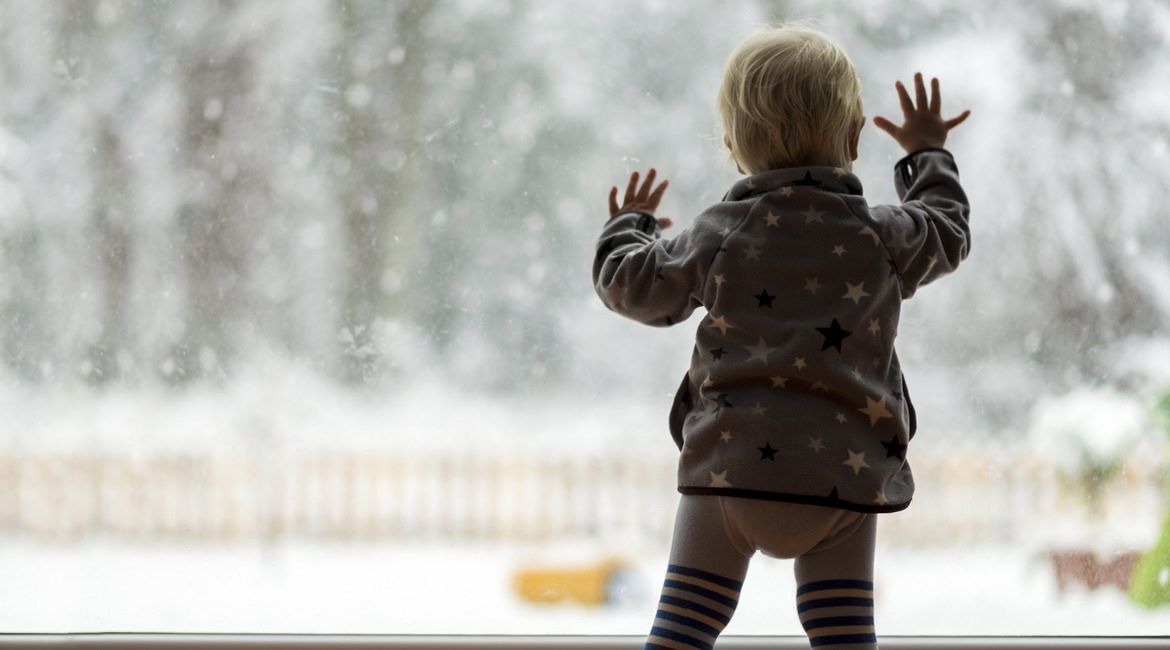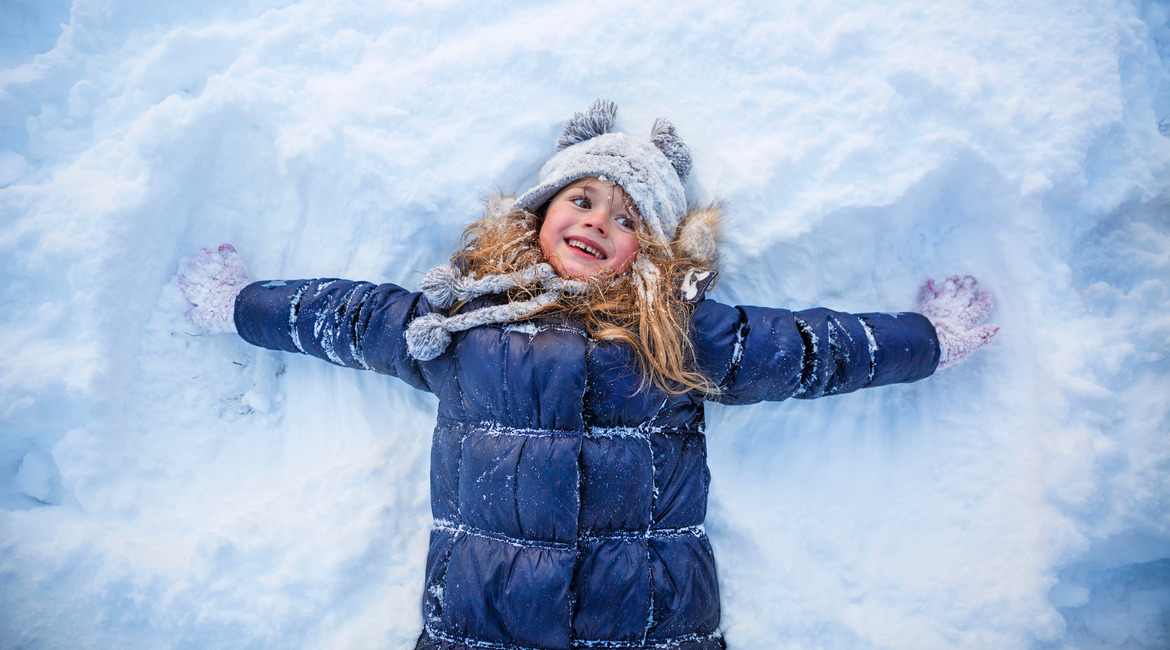That time of the year is here again. Winter is the period when people seem to transfer colds and other sicknesses around unwittingly.
As every parent knows, children can bring germs from their activities and share them with the entire family.
So, how can you keep your children healthy during the winter season this year?
It is all about practicing healthy habits and making sure you follow the right checklist and tools.
Checklist on Keeping the Kids Healthy at Wintertime
If you look beyond the short days and chilly mornings, children love winter.
With the endless cups of hot chocolates, getting cozy with family, and winter walks, they consider winter their favorite time of the year.
However, building a strong defense mechanism is essential to prevent the flu and avoid vulnerability to illnesses.
Here is a checklist to follow to help improve your child’s health and boost their immune system in the wintertime.
1. Fruits and Vegetables
Eating a nutritious diet balanced with fruits and vegetables is key to having a healthy child during this season.
Children’s immunity is greatly influenced by the food they consume.
It is very easy and tempting for them to consume comfort food when the weather is cold.
Hence, it is crucial to balance comfort foods and fresh produce during the cold winter months.
Including natural immune boosters in their diets like fruits, tomatoes, spices, and green leafy vegetables will keep them safe from illnesses.
2. Physical Activities
Strong and healthy bodies are a crucial part of maintaining your child’s immunity all year round.
But does your child enjoy exercising or running in the rain?
Luckily some several indoor physical activities and exercises can keep them fit during the winter days.
3. Vitamin D
Strategically timing your child’s exposure to sunlight will naturally do wonders to their mood and body.
The body produces Vitamin D if exposed to the sun, which aids its system in absorbing calcium.
Winter walks are a win-win because calcium helps your kids develop strong muscles and healthy bones.
So, immediately the winter sun pokes its head out from behind the clouds, get its coat and beanie, and prepare your kids for a walk.
Pre-midday is the perfect time for winter walks but ensures always apply sunscreen.
4. Supplements
Another essential item children need during the winter season are supplements to help boost their immune system.

Ways to Have a Healthy Child During Cold Season
The winter brings in the chillier temperatures, and even in this season, children enjoy playing outdoors.
Playing outside is crucial for your toddler’s development, especially if you limit them from turning to their electronic devices for entertainment.
As a vigilant parent on the lookout for your child’s health, here are some tips that ensure they remain healthy during cold weather.
1. Proper Sanitization
It is safer to keep the surroundings clean and sanitize things your child comes in contact with to prevent them from falling ill.
Since children are mostly inside during the cold season, ensure that the home is regularly sanitized, especially as the moisture causes fungal attacks.
Washing their hands and legs after coming from outside is compulsory and reminds them to limit touching outdoor surfaces.
2. Hydration
Fluids play a big role, too, during the cold season.
While everyone feels thirsty and drinks a lot of water during summer, it is important to drink more fluids during the cold season.
Hydration is an essential factor to consider if you want to keep your child healthy during winter.
Ensure they drink water regularly because the drop in the environment increases the likelihood of winter dehydration.
Winter dehydration can make your toddler sick and cause exhaustion and muscle fatigue.
To improve your child’s water intake during the winter, make them drink hot or lukewarm water safe from germs.
Also, you can add orange wedges to give their water flavor.
Drinking a glass of water at one go is hard for most kids, so you can make it flavourful by adding orange wedges.
Also, asking them to take water sips every 15 minutes is another way to ensure your child drinks enough water.
3. Enough Sleep and Rest
Sleep has a big impact on how children’s immune system works.
Great changes during the regular sleep-wake cycle will affect physical activity and impact the immune system’s temperature regulation.
During winter, sleep deprivation can make your toddler vulnerable to microbes, germs, and bacteria.
Hence, ensure they finish their homework early, have an early dinner, and limit their electronic use before bed to have optimum rest.
4. Balance Their Indoor and Outdoor Time
Since most illnesses during the winter season are air-borne, limit your child’s visits to air-conditioned areas like malls, cinemas, and restaurants.
Though staying indoors looks like a safer and easier option, research shows that it is not the best option.
It reduces your child’s sunlight exposure, limiting their Vitamin D status that helps with calcium production.
Another reason children should balance indoors and outdoor time is to prevent them from staying in bed all day.
Staying home in a cold climate cuts down your child’s physical activity, which lowers their immunity.
Hence, please encourage them to step outside and engage in any form of physical activity to keep them healthy.
However, consider going inside immediately the temperature reduces to below 0 degrees Fahrenheit (-17.8 degrees Celcius).
5. Clothing
Depending on the temperature outdoors, dress your child in layered clothing because shivering affects their immune system.
Staying warm and covered reduces their likelihood of contracting the flu. So, remove any wet clothing as soon as your child gets home.
Keep his ears covered when you go out to prevent ear infections.
Wear thick clothing that protects them from frostbites and use warm blankets to raise their body temperature.
Conclusion
Although the season comes as no surprise, many parents are not always prepared for its arrival.
If you gear up for the hazards of the cold season, you are more likely to keep your kids safe and healthy when temperatures start to fall.
Also, there are various fun options for kids to ensure they enjoy the snow and stay safe.


